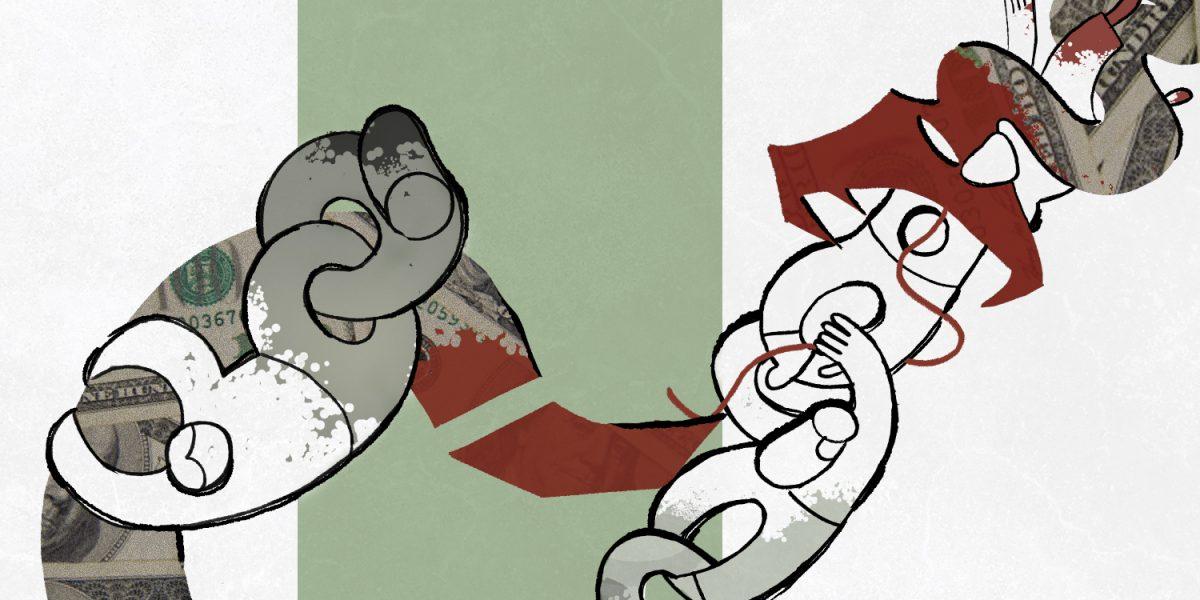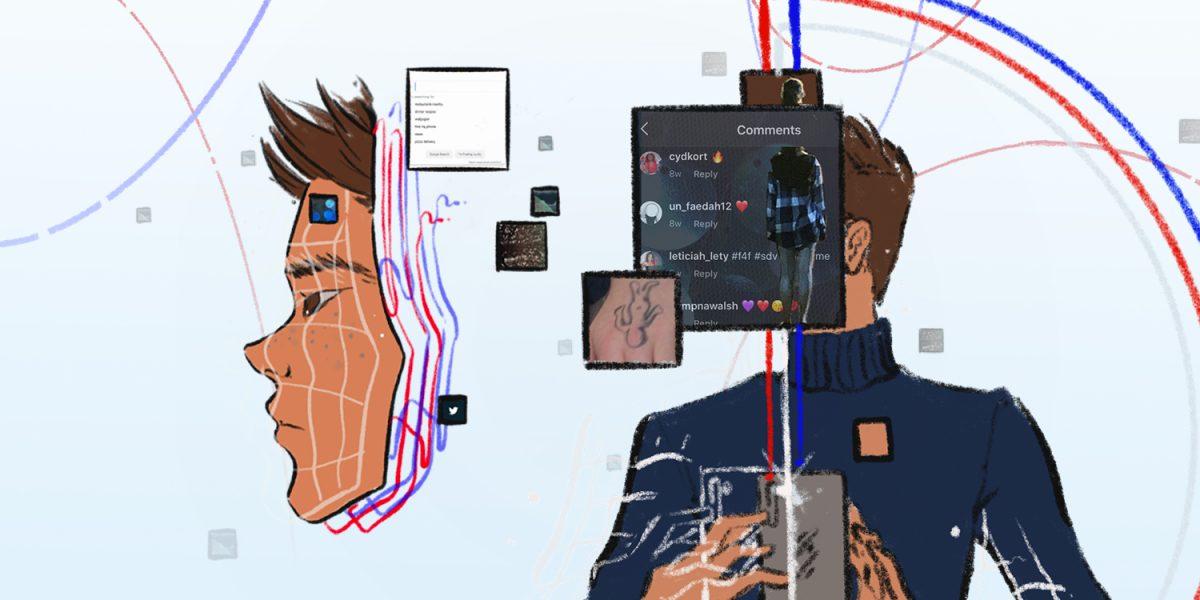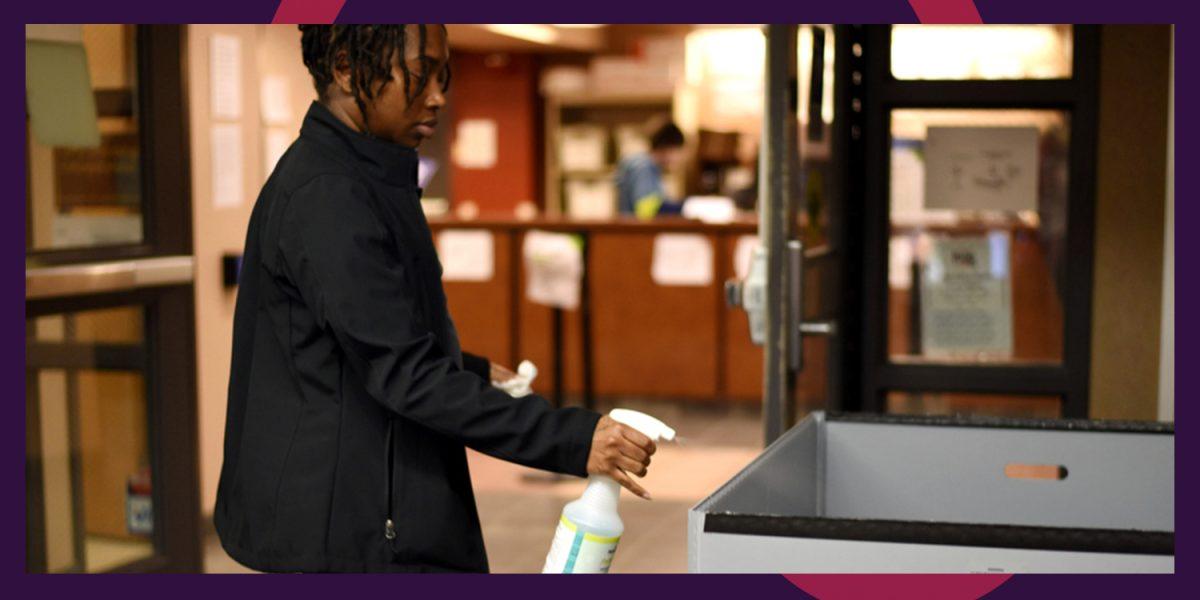After a long day, people have their ways of destressing. For some, this might be watching reality television filled with drama and emotion. Shows like “The Bachelor,” “The Bachelorette” and “Bachelor in Paradise” keep people on edge and excited when they watch.
However, not enough people take the time to think about how toxic these shows can be. By watching shows like this, we encourage their toxic nature whether it is real or fake, and it can give the average viewer a lot of misconceptions on how dating really works.
Contestant vs. Contestant
One man jumping between thirty women — all in one house together, all trying to fall in love. Just thinking about that makes me cringe. In the end he only marries one contestant, so why does this make sense? And these women aren’t just trying to fight for the love of the man — they’re also fighting each other. This is where it gets really toxic.
When we watch these girls fight week after week it can be exhausting, but people like it for the entertainment value. This franchise is known for its self-created drama and the audience chooses sides throughout the season on who they think is the best. Creating toxic environments is unhealthy for these woman. We should be doing the opposite.
It’s important to encourage women to be independent and confident, and to promote female empowerment. Women should be role models for other girls and be able to have high self-esteem. “The Bachelor” supports gross and toxic behavior such as objectification between women. This is not role model material for girls, young or old.
All we ever see of these women is what the show wants us to see; rarely do we see any of their individual personalities. It’s all partying and drama created so they can ‘fall in love’ in the end. The cast is chosen for dramatic potential. Jacob Brogan, Maura Judkis and Emily Yahr dove deep into production manipulation for The Washington Post.
“When the producers throw in so much chaos purely for their (okay, and our) amusement, it cheapens the drama,” they said.
At the end of the day, only one girl ends up with the man and the rest of them go home. They move on with their lives, as they should — there is more to life than having a man. Their worth is not based upon having a man, and the contestants look back and realize all this fighting was for nothing.
Shared Blame
Men are also to blame for the toxicity, especially when it comes to “The Bachelorette.” Katherine Singh in Flare had a lot to say about season fifteen of “The Bachelorette.”
Singh stated, “Luke P.’s language just reinforces the idea that Hannah [Brown] is an object that can be won.”
In one of Luke P.’s final moments on his season he said, “To finding your forever and having the time of our lives while on the hunt.” He directly calls his time on the show a hunt, objectifying Hannah.
In Hannah Brown’s season, there was also a lot of competition between the guys. Nobody bats an eye, because it’s entertainment and that’s the problem. The women just go along and encourage the toxic masculinity because Hannah would say throughout the show that she wanted a man that was physically strong.
Competitive group dates are pretty frequent in the franchise and this can pit contestants against each other. Men are capable of more than just looking good and they are not out there chasing women down left and right. These shows are playing right into gender stereotypes and as a society we need to work away from these.
In Season 23 of “The Bachelor,” we saw toxic behavior from the leading man when he went after a contestant who already rejected him. Li Zhou writes about this moment perfectly in Vox.
” … A woman’s disinterest or confusion is simply part of the ‘chase,’ and … with enough persistence, she can ultimately be won over with sufficient affection and romance,” stated Zhou.
“A woman’s disinterest or confusion is simply part of the ‘chase.'”
In the end, the toxicity that comes from reality television just makes the men look desperate.
It’s All Fake
“The Bachelor” and reality television in general is fake. We are watching cut-up scenes that create drama and make the show seem interesting. When it comes to real relationships, “The Bachelor” is far from this.
“Contestants are left to fixate over the Bachelor, talk about the Bachelor and dissect the Bachelor’s every move,” Claire Hubert said in her article in the Daily Bruin.
“Contestants are left to fixate over the Bachelor, talk about the Bachelor and dissect the Bachelor’s every move.”
The sole purpose is to fall in love with one of the contestants, which is already unrealistic and rarely lasts. These people are cut off from the rest of the world and all they can do in that big house is talk about the Bachelor and cause a lot of drama.
They go on crazy dates that are financially unrealistic to average people. These women go through an emotional toll, because they have to watch this one guy try to find a connection with 29 other girls at the same time. No wonder all these girls fight.
Not to mention most of the guys are unrealistic, too. As Singh described these men, they’re “aggressive, muscly, conventionally attractive, rugged, manly-men.” They’re hyper-masculine and competitive.
Destructive for the Audience
As an audience member why should we care? Isn’t this just pure entertainment? We all know that it’s fake, right? Shows like this can be very destructive for audience members as well.
While we all might understand that “The Bachelor” is fake, it can still give people unrealistic expectations when it comes to love. Despite only seeing an hour of their lives at a time, we think that we know these people, which leads to audience members picking sides. They villainize some of these women, when you only see what the show wants you to see. It allows audience members to go on social media to drag these women and add to the toxicity.
Reality TV can be fun to watch, but are these the types of examples we want to be setting? Is this how we want to treat people? There is an overall larger issue that people need to think about when watching shows like “The Bachelor,” and really, people should just stop watching.







